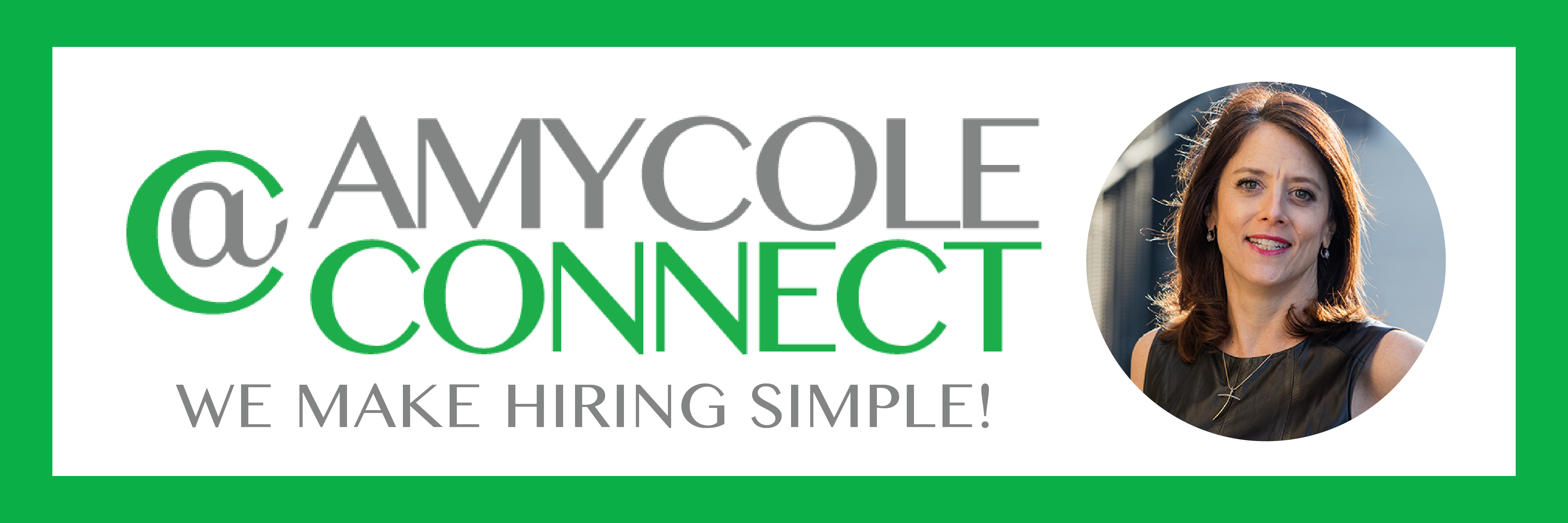3 Toughest Interview Questions (With Answers!)
Feb 27, 2018
Pressure makes diamonds.
It also makes your palms sweaty, and your voice crack.
I’m talking about interview pressure here. When you are unprepared for the interviewer’s toughest questions, it feels like drowning in quicksand.
Lucky for you, I have your back! I’ve prepared you some responses to the toughest interview questions you may encounter.
Make them your own or memorize them verbatim. It’s all up to you, doll!
1. What is your biggest weakness?
This question can come cleverly disguised:
If you could take added training on any topic, which would you choose?
What are the most significant challenges in your current role?
If I called your current employer today, what would they say you need to work on?
Pick a weakness that is not a core skill for the position. A bus driver in Buffalo should not be afraid to drive in the snow!
Prepare your reply into three parts:
State your weakness.
Show what you are doing to improve.
Discuss how the improvements will benefit the employer.
Example: “Organization wasn’t my strongest suit until I started using an app called Evernote. It helps me to arrange my notes, task lists, and archives my completed projects. This application will help me to stay organized while managing some of my biggest projects.”
2. What are your salary expectations?
Discussing salary is an uncomfortable conversation for most people. You don’t want to undersell yourself, and you don’t want to ask for a wage above what the employer can pay.
Before your interview, use a helpful salary tool like this one from Indeed. Go to your interview prepared, and show the hiring authority that you have done your research.
Example: “Research tells me that a Senior Sales Executive, in the Beauty industry, located in New York earns an average base pay of $104,500 per year, plus commission. I currently earn $106,000 plus 15% commission on all sales. My annual income last year was $142,000. What are you offering for this position?”
3. Where do you see yourself in 5 years?
Okay let’s be honest – most of us don’t even know what we want for lunch today. How the heck are we supposed to know where we’ll be in 5 years?
The interviewer simply wants to hear that you are committed to your career path and that you see their organization as more than just a stepping stone.
What is the potential career trajectory for someone in this role? You can research their current employees on LinkedIn to better understand the typical career path for the position.
Example: “I see that your Regional Sales Manager started with your company as a Junior Sales Associate. Over the next five years, I would like to see myself on a similar path, working towards a leadership role in your organization. Could you share with me the career trajectory for this position?”
Now, pick an interview outfit that matches your newfound confidence, because you’re about to knock your next interview out of the park!
Amy

